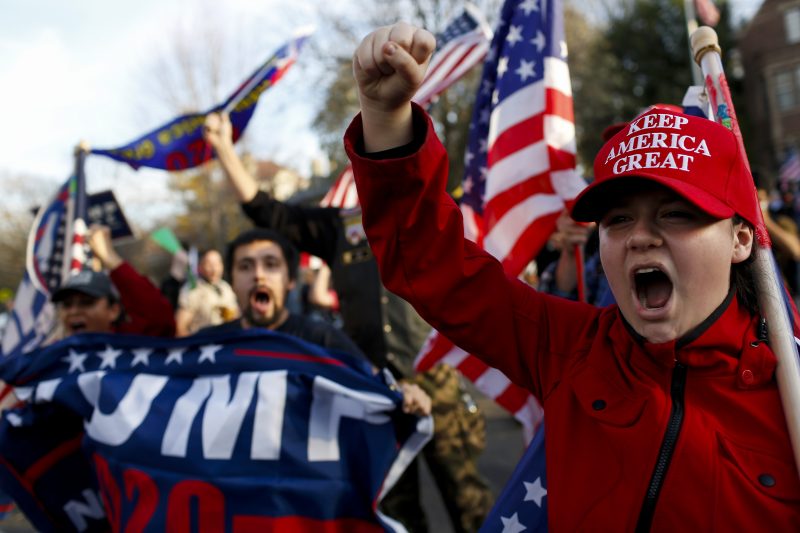The recent clash between President Trump and Minnesota Governor Tim Walz regarding the handling of protests following the death of George Floyd has brought to light the complex dynamics at play in times of civil unrest. Trump claims that he saved Walz from the protesters by deploying National Guard troops, while Walz refutes this assertion by stating that Trump’s aggressive rhetoric and actions only exacerbated the situation.
One key point of contention revolves around the role of leadership in times of crisis. President Trump’s decision to deploy military forces has been viewed by some as a necessary measure to restore law and order, while others criticize it as an overreach of federal power. Governor Walz, on the other hand, opted for a more measured response, emphasizing the importance of community dialogue and empathy in addressing the root causes of the protests.
The differing perspectives of Trump and Walz highlight the broader debate on the appropriate balance between security and civil liberties during times of unrest. While ensuring public safety is a paramount concern for leaders, it is equally important to respect and protect the constitutional rights of citizens to peacefully assemble and express their grievances.
Moreover, the Trump-Walz conflict underscores the challenge of coordinating responses to crises between federal and state authorities. The tension between centralized federal power and state autonomy is a longstanding issue in American governance, and it often comes to a head in moments of national crisis.
It is clear that the events unfolding in Minnesota and across the country serve as a stark reminder of the deep-seated issues of systemic racism and police brutality that continue to plague our society. The protests, sparked by the senseless killing of George Floyd, have galvanized a nationwide movement for social justice and police reform.
In navigating these turbulent times, it is essential for leaders at all levels to listen to the grievances of the community, engage in meaningful dialogue, and work towards concrete solutions that address the root causes of inequality and injustice. Only through genuine collaboration and empathy can we hope to build a more just and equitable society for all.

